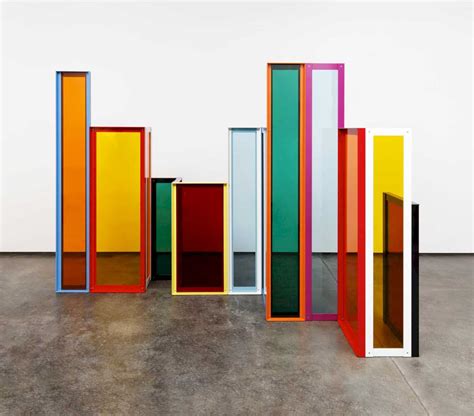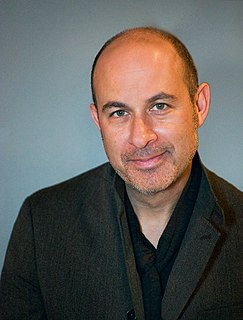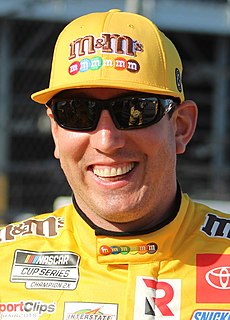A Quote by Robert Christgau
I found dozens of albums I loved every year of the early 70s and more in the late 70s and more still in the decades since, partly because I knew more about music by then and partly because there were more to choose from.
Related Quotes
When I was a kid, a lot of my parents' friends were in the music business. In the late '60s and early '70s - all the way through the '70s, actually - a lot of the bands that were around had kids at a very young age. So they were all working on that concept way early on. And I figured if they can do it, I could do it, too.
At last I saw Christ as my Saviour. I believed in Him and gave myself to Him. The burden rolled from off me, and a great love for Christ filled my soul. That was more than fifty years ago. I loved Jesus Christ then, but I loved Him more the year after, and more the year after that, and more every year since.
As I'm sure anyone who's born after the '70s' access point is - is '70s films and '70s culture and there is a kind of a paranoiac atmosphere in that time in America. Yes, it's the golden age of journalism, Watergate, and all the rest of these people making these great breakthroughs - but it's also the moment that "if it bleeds, it leads" becomes mainstream and sensationalizing the news becomes more and more the given. Checking how many numbers you're getting, whatever you can do to get more numbers.
Something I always wanted to do, to capture that later half of the '70s. It's like the early half of the '70s is still the '60s, in that there's still kind of a playfulness and inventiveness in terms of design and the things that were going on in the culture. The second half, it got much more commodified. It's possibly the ugliest era of architecture and clothes and design in the entire 20th century, from 1975 to '81 or '82.
My father's mother was a secular Jew who died in Auschwitz. I only found out as an adult because my father never talked about it. He was a secularist and never defined himself in ethnic terms - partly, I think, because he was scared; partly out of the habit of not talking of such things; partly because he didn't like being defined by other people.































